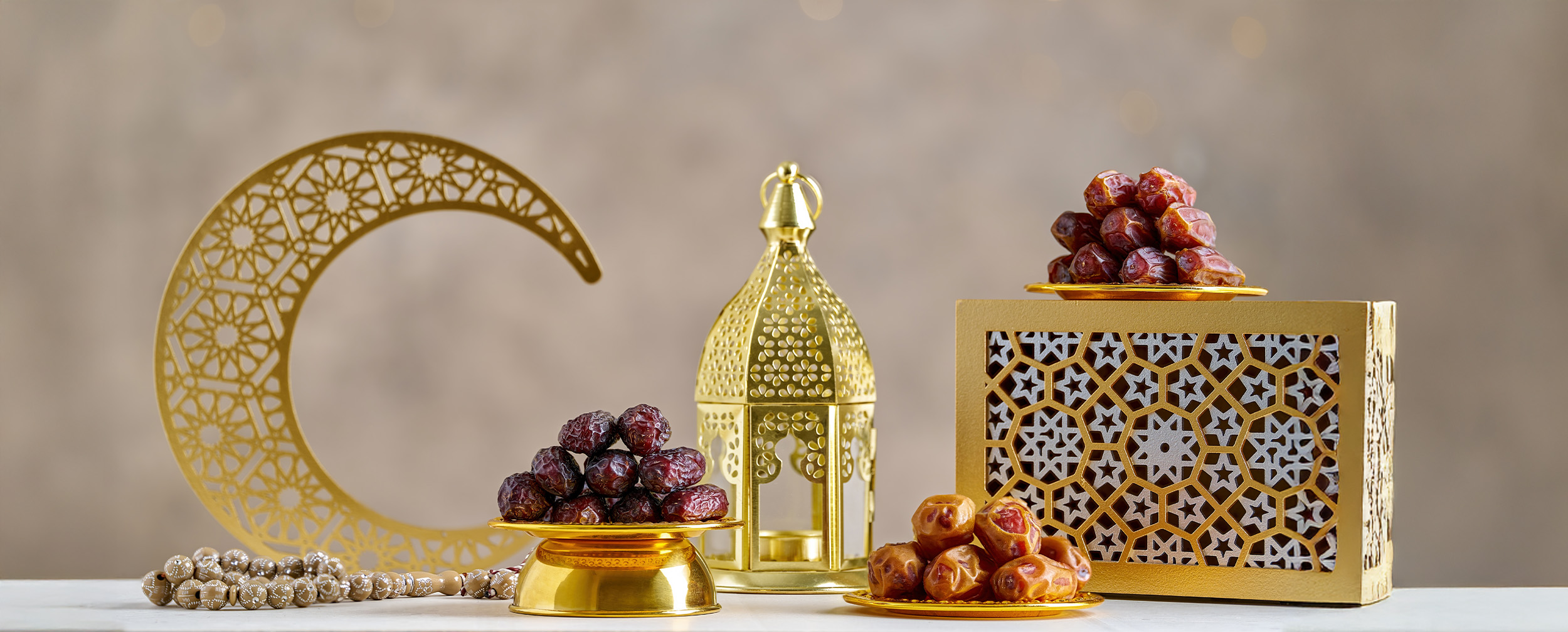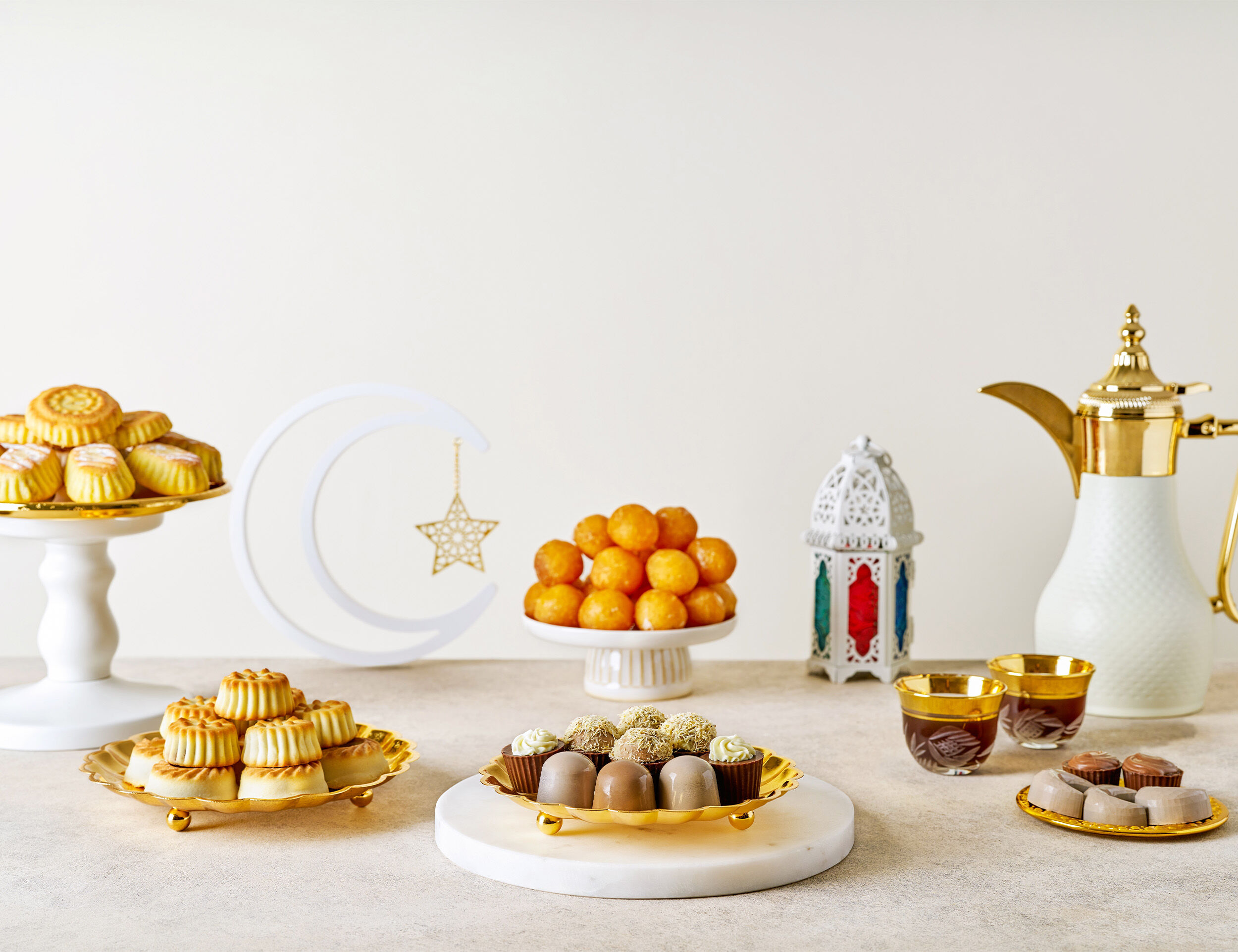STORIES BY DIWAS

Lifestyle
What is Ramadan? Understanding the Dates, Traditions, and Significance of Ramadan
Date 28 March 2025 Reading time: 7-10 mins
The holy month of Ramadan holds immense significance for Muslims worldwide. As we are in the midst of Ramadan 2025, starting on the evening of 2nd March, it’s time to delve into the spiritual essence of this sacred period. So, What is Ramadan? It is when Muslims fast from dawn to dusk, engage in acts of devotion, and experience deep spiritual reflection. From the tradition of fasting to the joyous festivities of Eid-ul-Fitr, it's a period for self-reflection, devotion, and community bonding.
Understanding Ramadan
Let's understand what is Ramadan in more detail. Ramadan is the ninth month of the Islamic lunar calendar. It commemorates the revelation of the first verses of the Holy Quran to Prophet Muhammad. During this month, able-bodied adult Muslims observe a fast from dawn to sunset. Fasting is one of the Five Pillars of Islam and is considered a fundamental act of worship.
But Ramadan is much more than just abstaining from food and drink. It's a time for spiritual purification, increased devotion, and strengthening one's relationship with Allah. Muslims engage in extra prayers, recite the Quran, give to charity, and strive to let go of negative habits. It's a month to nurture compassion, practice self-discipline, and reflect on one's actions and intentions.
When Does Ramadan 2025 Start and End?
In 2025, when is Ramadan expected to begin? Ramadan began on the evening of Sunday, 2nd March, and will conclude either on Sunday, 30th March or Monday, 31st March. The exact Ramadan dates tend to vary slightly based on the sighting of the new moon. Since the Islamic calendar follows the lunar cycle, Ramadan begins about 10 days earlier each year in the Gregorian calendar.
The sighting of the crescent moon marks the beginning of Ramadan. So, if you ask what is Ramadan, in simple words, it is the ninth month of the Islamic lunar calendar, observed by Muslims as a time of fasting, prayer and reflection. Muslim communities across the world, including in India, rely on local moon sighting committees to declare the official start of the holy month. The end of Ramadan is marked by the festival of Eid-ul-Fitr, which falls on the first day of the following Islamic month, Shawwal.
Who Fasts
What is Ramadan fasting? It is not just an obligatory act; it is a profound spiritual journey that transforms the body, mind, and soul. It’s a time when adult Muslims who are physically and mentally capable take on the sacred duty of fasting, immersing themselves in the deeper aspects of faith. While children, the elderly, pregnant or nursing women, travellers, and those with health conditions are exempt, many still strive to embrace the spiritual benefits of Ramadan by increasing acts of charity, prayer, and reflection.
For those wondering what is Ramadan fasting, the day is not just a routine, but an opportunity for profound self-discipline and devotion. It begins with the pre-dawn meal, suhoor, a vital source of nourishment and energy for the day ahead. After the morning prayer (Fajr), Muslims abstain from eating, drinking, smoking, and engaging in intimate relations until the call for sunset prayer. As the sun sets, the fast is broken with a moment of joy, called iftar, where families and communities gather to share meals, often starting with the traditional dates and water, a symbol of the long-awaited relief and blessings of the holy month.
Ramadan fasting is more than just a physical act; it is an opportunity for profound self-reflection and spiritual renewal. Throughout this holy month, Muslims experience a deeper connection to their faith as they resist the temptations of daily life, focusing instead on purity of mind and body. Ramadan fasting is not merely about abstaining from food and drink, but about fostering empathy for the less fortunate, increasing gratitude for life's blessings, and cultivating a sense of community. The beauty of Ramadan fasting lies in its ability to bring Muslims closer to Allah while encouraging acts of kindness, charity, and self-discipline.
The Length and Purpose of Fasting
Ramadan and iftar are two of the most significant aspects of the Islamic holy month. The fast lasts from dawn to dusk, and it’s during Ramadan and iftar that Muslims come together to break their fasts, often in the company of family and community.
Fasting during this period is a time of self-discipline, reflection, and spiritual growth. As the day comes to an end, the anticipation for iftar grows, as it symbolises not only physical nourishment but also the spiritual nourishment of gratitude, unity, and devotion.
The moments of Ramadan and iftar hold deep spiritual significance, as they provide a time for Muslims to reflect on their devotion and the blessings of the holy month. After a day of fasting, the act of gathering for iftar becomes a time to pause and appreciate the simplicity of food, family, and faith.
Ramadan and iftar offer an opportunity to reconnect with faith, strengthen bonds with loved ones, and give thanks for the blessings in life. This meal marks a moment of celebration after a day of fasting, but it also reinforces the greater purpose of Ramadan, which is to bring about spiritual purification.
Beyond the physical act of fasting, Ramadan and iftar are integral to the holistic experience. They remind Muslims of the importance of empathy, charity, and mindfulness. By fasting and then sharing a meal during iftar, Muslims are encouraged to reflect on the struggles of the less fortunate, fostering a sense of community and compassion that extends far beyond the month of Ramadan itself.
Family Routines
Ramadan is a time for family and community bonding. The Ramadan date marks the beginning of a sacred month when the iftar meal becomes a communal affair, with families and friends gathering to break the fast together. Many mosques also host daily iftar meals, where people from all walks of life come together to share food and prayers.
The nights of Ramadan are alive with spiritual energy. After the evening prayer (Isha), many Muslims participate in additional congregational prayers called Taraweeh. These lengthy prayers involve reciting long portions of the Quran and can last for hours. The Taraweeh prayers are a cherished Ramadan tradition, providing a sense of community and spiritual upliftment.
Ramadan is also a time to dress their best for prayers and gatherings. Diwas offers a stylish range of kurtas for men that are perfect for the occasion. From simple, elegant designs to more intricate embroidered pieces, our Ramadan collection has something for every taste, making it a must-pick for Ramadan.
Kurta pajama sets are another popular choice for Ramadan. The combination of a long kurta top with loose pajama bottoms is both comfortable and fashionable. Diwas has a wide selection of kurta pajama sets in various colours, fabrics and styles, making it easy to find the perfect outfit for Eid prayers or iftar gatherings.
Embracing Ramadan 2025 with Reflection, Renewal, and Style
Ramadan 2025 promises to be a month of spiritual rejuvenation, self-reflection, and community bonding. As Muslims around the world prepare for this sacred time, it's important to remember the essence of Ramadan – to develop empathy, practice self-restraint, and strengthen one's faith.
Whether you're fasting for the first time or are a seasoned observer, Ramadan offers a unique opportunity to reset your priorities and focus on what truly matters. May this blessed month bring you peace, joy, and a deeper connection to your faith.
Ramadan Kareem!



